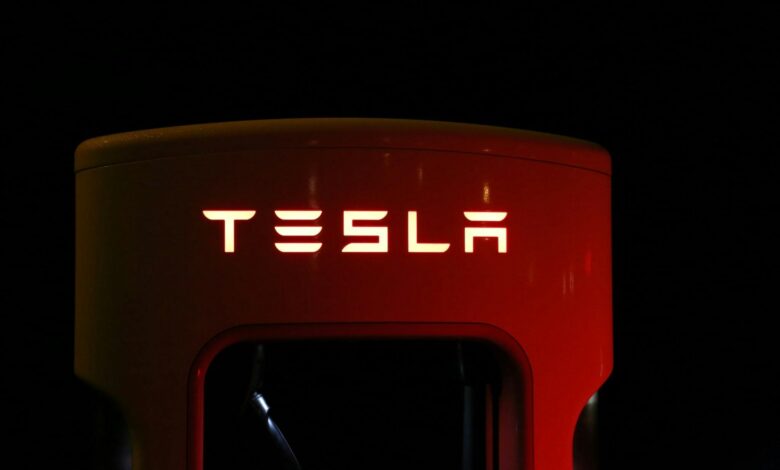California EV Tax Credits Could Be Missed by Tesla Due to Federal Uncertainty

Nov 25 (Reuters) – Tesla may not qualify for California’s upcoming EV tax credits under a new proposal, according to Governor Gavin Newsom’s office. This change comes in response to President-elect Donald Trump’s plan to scrap the federal $7,500 EV tax credit.
Tesla Shares Take a Hit
Tesla’s stock dropped 4% on Monday, closing at $338.59, with an additional 1.2% decline in after-hours trading. CEO Elon Musk criticized the proposal on X, saying, “Even though Tesla is the only company that manufactures its EVs in California! This is insane.” Despite supporting the end of all subsidies for EVs, oil, and gas, Musk believes this move is unfair to Tesla.
Newsom Plans New Rebate Program
Governor Newsom is preparing a new version of the Clean Vehicle Rebate Program. The previous program ended in 2023 after spending $1.49 billion to help Californians buy over 594,000 zero-emission vehicles. The new plan is still being discussed with the state legislature. According to Newsom’s office, the goal is to encourage competition, support innovation, and help new companies enter the market.
Questions About Funding
Electric vehicles account for 22% of California’s car sales, with 293,000 units sold through September 30. However, the state faces a $2 billion budget deficit next year. It’s unclear how much the new program will cost. The state may use the Greenhouse Gas Reduction Fund, which is supported by polluters under California’s cap-and-trade system.
There are also questions about whether the new program will follow federal guidelines. This includes the $4,000 tax credit for used EVs and limits on income and vehicle price.
Tesla’s Rocky Relationship with California
Tesla’s potential exclusion highlights ongoing tensions between Musk and California. They’ve clashed before, especially when the state closed Tesla’s Fremont factory during the pandemic. Musk also disagrees with some of California’s social policies, such as its stance on transgender rights.
In 2021, Tesla moved its headquarters to Texas. Musk hinted that other companies, like SpaceX and X, may follow. Despite these issues, California remains a key market for electric vehicles. The state recently passed 2 million ZEV sales, doubling its numbers since 2022.
California’s EV Future
California plans to ban the sale of new gasoline-only vehicles by 2035. By then, 80% of new vehicles sold must be electric, and only 20% can be plug-in hybrids. Several states have adopted these rules, though many automakers remain skeptical.
Officials are hopeful that the Environmental Protection Agency will approve the plan, pushing California closer to its emission reduction goals.





